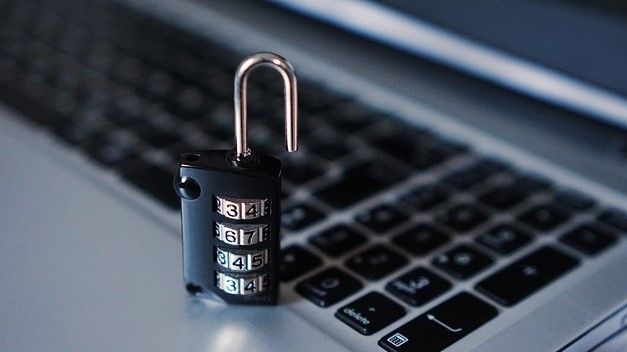Seattle Port Cyberattack Reveals Data Leak on 90,000+ Individuals
The Breach: Details and Consequences
In August 2024, the Port of Seattle fell victim to a ransomware attack that compromised sensitive data of approximately 90,000 individuals. This cybersecurity incident has highlighted vulnerabilities in the infrastructure and data protection mechanisms of major institutions. Ensuring the security of critical infrastructure has never been more pressing. Noteworthy vulnerabilities and threats within the system were targeted, emphasizing the need for robust cybersecurity strategies.
Ransomware Attack Process
The attackers used malicious software to encrypt essential data, demanding ransom for decryption keys. Such attacks disrupt services and obstruct standard operations, as evidenced by previous incidents. The growing sophistication of ransomware poses a significant challenge in the realm of cybersecurity. According to renowned cybersecurity expert Brian Krebs, "Ransomware is one of the most pervasive and damaging threats facing organizations today."
Notification and Defensive Measures
In the aftermath, the affected parties have received notification letters detailing the exposure and offering guidance on protective measures. The standard protocol in such cases includes advising individuals to monitor financial statements and credit reports for suspicious activities. The disclosure serves as both a warning and a reminder for individuals to maintain vigilant digital hygiene.
"In the face of growing cyber threats, enhancing cybersecurity defense mechanisms is not just a necessity but an ethical responsibility," commented cybersecurity strategist Bruce Schneier.
Steps Toward Enhanced Cybersecurity
To prevent future incidents, organizations need to adopt comprehensive security frameworks. These include regular updates and patches, employee training, and installation of advanced security software. Collaborations between government entities and tech firms are crucial to fortify infrastructure against such threats. For more detailed insights, you can explore in-depth research on US-CERT.
- Implement two-factor authentication (2FA)
- Regularly update and patch software systems
- Conduct security awareness training sessions
- Employ modern endpoint protection platforms

An Essential Wake-up Call
For citizens and governing entities alike, the Port of Seattle breach serves as a critical wake-up call. It underscores the necessity for a unified approach in tackling cyber threats. To delve further into advanced cybersecurity strategies, consider reading white papers from leading security firms available on SANS Institute.
Looking Ahead: The Future of Cybersecurity
As cyber threats become more sophisticated, more investment in cutting-edge technology and innovative solutions is mandated. The future of cybersecurity involves leveraging artificial intelligence to predict and counteract potential threats before they materialize. This proactive stance is essential for safeguarding not just individual data, but national security. To support your personal cybersecurity measures, check out recommended products like the Yubico YubiKey Security Key for enhanced online protection.
